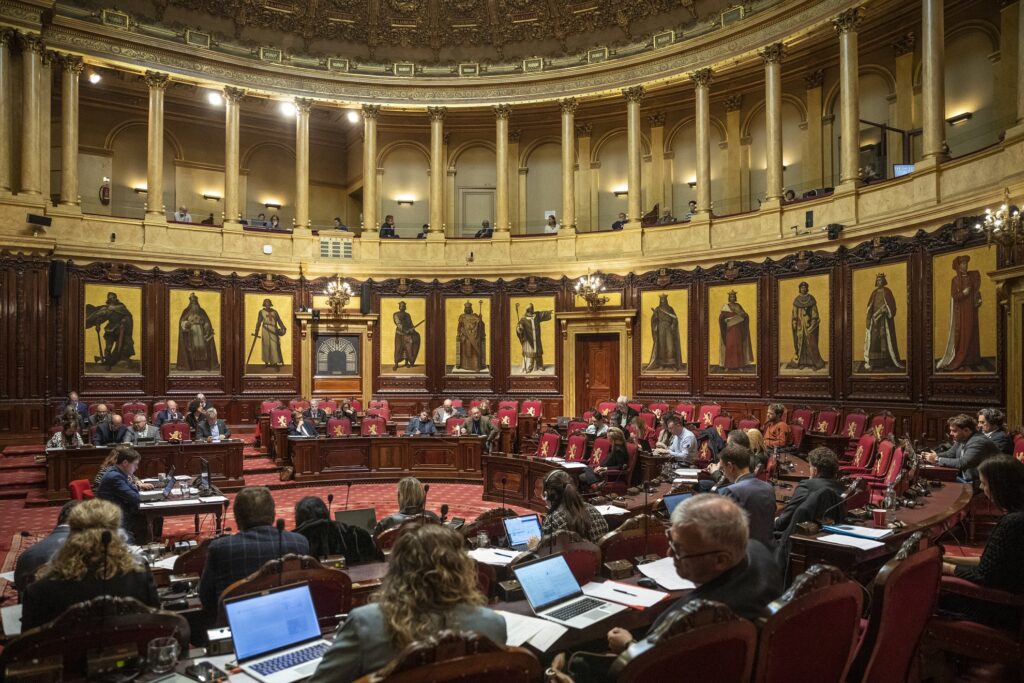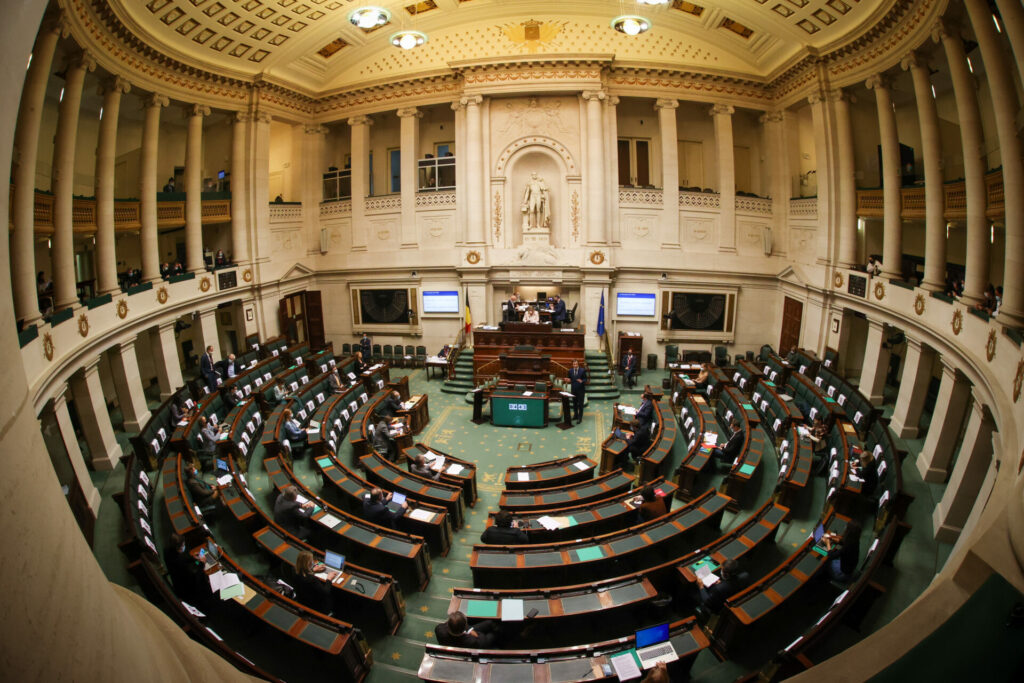During this legislature, the Brussels, Flemish and Federal Parliaments have passed and amended a total of 1,775 laws – an average of a new law every day.
Some 1,775 laws have been added or amended in this legislature – 10% more than in the previous one. Broken down by parliament, it concerns 536 laws in the Flemish Parliament (called decrees), 334 in the Brussels Regional Parliament (called ordinances) and 905 in the Federal Parliament (called laws).
"We simply need a lot of laws," political scientist Nicolas Bouteca (UGent) told VRT. "More and more needs to be regulated by politicians. They have to find solutions for all kinds of problems in society. Think of environmental issues or migration. We can hardly stop making laws, because we already have a lot of them."
Not too many
While scrapping concrete laws and replacing them with general rules would be an option, the Council of State's chamber president Jeroen Van Nieuwenhoven argued that that would just make things more unclear. "In some countries, for example, there is a system of 'one in, one out.' So before a law is added, one has to be scrapped. But that has not been a great success."
While there are many laws, the real problem lies elsewhere, said Van Nieuwenhoven. "It does not have to be problematic that there are many laws added, as long as they are sufficiently clear and accessible. That is another working point for the government."
If something is changing that has an impact on many citizens, they should make a brochure about it or arrange an information campaign so that people are informed, he argued.

The Senate
"Companies or organisations also have to comply with all the rules that apply to them. But to understand them, they sometimes have no choice but to call on a lawyer to translate the laws for them into comprehensible language," Van Nieuwenhoven added. "We should try to avoid that as much as possible."
The fact that legislation is also a political game becomes clear when taking into account the year in which laws were passed: since not every parliamentary year is a full calendar year, it is easier to look at the average number of new laws per month. In this last year of the legislature, more laws were passed proportionately.
On the one hand, it is logical that more laws are added at the end of the legislature because preparing a new law takes some time. On the other hand, there is also a political strategy behind it, according to political scientist Bram Wauters (UGent).
Related News
- 'Baseless claims': Bouchez accused of defamation following comments about nuclear energy
- Chamber passes last batch of outstanding bills
- 'Historic': Belgium first in the world to approve labour law for sex workers
"Each governing party has its own specific programme. If one party co-approves a law of the other, it is because it can expect the same concession in reverse. You see this kind of ‘package deal’ more often at the end of a reign, because then time is running out," he said. "If a party still wants to achieve something with certainty, it has to be done before the elections."
80% of the laws passed came at the initiative of ministers, which are so-called bills. The bills submitted by MPs are also almost exclusively the work of someone from the majority. Opposition parties therefore have little influence on legislative matters.
"This is a relationship you see in many democracies," Bouteca said. "The majority determines the laws. And if opposition proposals are approved at all, they usually do not cost any money. The budget is drawn up by the government, and is fixed. To deviate from it by approving unforeseen laws is difficult."

